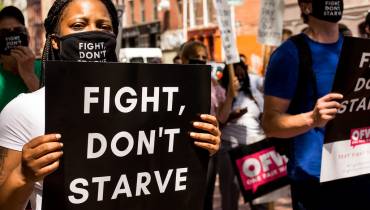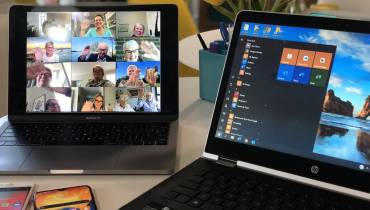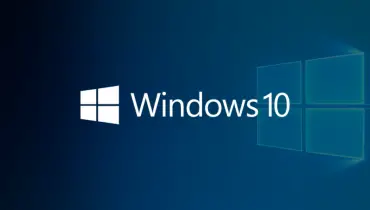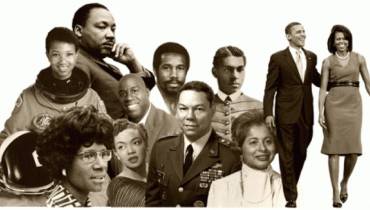Authorpreneurship: The Rise of Author-Led Publishing Houses
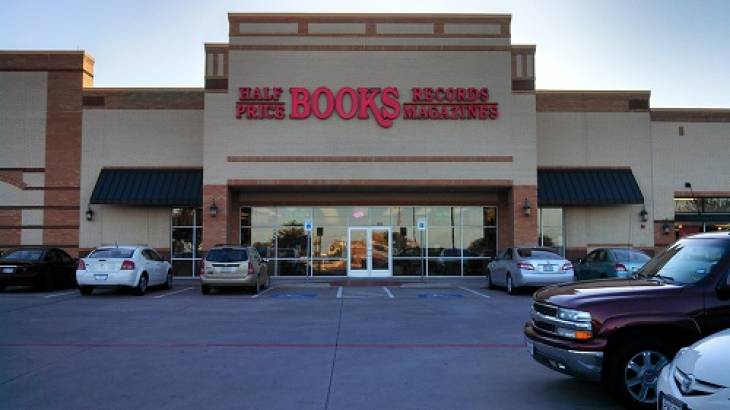
Independent publishing is nothing new. It has long been responsible for some of the world’s best literature, ranging from the early days of Farrar, Straus and Giroux championing now-iconic authors like T. S. Eliot and Elizabeth Bishop that other publishers wouldn’t touch to Virginia and Leonard Woolf starting up Hogarth Press.
That is why when independent publishing houses led by authors begin to rise once again like a phoenix—it is, oh, so exciting. Take, for example, Waterhouse Press, a small publishing company that best-selling indie romance novelist Meredith Wild founded. Waterhouse Press is putting out great stuff and is set to publish its founder’s new erotic novel in June, 2016.
Ms. Wild embarked on her journey from top-selling indie author to operating her own publishing imprint after sales of her self-published “Hacker” series took off on Amazon and other sites in 2014. The mother of two who lives in Northern California with her husband created the press partly as a way to get print versions of her bestselling ebooks into big-box stores and bookstore chains.
“I wanted something that sounded like it was a real imprint, because nobody takes you seriously as an independent author,” she said. “I felt I was being discriminated against as an indie.”
It is this desire to be taken seriously as an indie that is fueling a trend where top-selling indie authors are starting their own publishing houses to get their ebooks in print and champion for the respect indie authors deserve.
And these authors-turned-publishers are succeeding thanks in part to their strong initiative, ambitions and marketing abilities, which are almost matching that of traditional publishers.
Cracking the print market
The self-publishing ecosystem driven by companies such as Kindle Direct Publishing (KDP), Apple iBookstore and Smashwords is saturated. Only a small percentage of self-published authors sell enough ebooks to make a living, a situation that is prompting independent print publishing houses to rise. New authors are eager to try nontraditional ways of building visibility for their books.
“Authors are hungry to try to find new methods to crack the market, and if someone is saying, ‘I did it, come work with me, and I’ll teach you the secret sauce,’ that sounds like an interesting proposition,” explains Peter Hildick-Smith, founder of the Codex Group, which analyzes the book industry.
It is not surprising, therefore, that a number of top-selling indie authors like Ms. Wild who are forming their own publishing houses, promising to anoint fledgling authors with legitimacy and give them an edge in a flooded and cutthroat marketplace, are changing the power dynamic in the publishing world.
These successful indie authors are striking distribution deals with major book printers and distributors like Ingram Content Group, allowing them to gain access to a market that traditional publishers have long dominated.
With the deals in place, the indie authors sell print copies of their books in physical retail stores like Barnes & Noble, Walmart and Target, effectively causing the old imprints to lose some of their luster. Just like it has already happened for digital, old print distribution barriers are beginning to crumble.
The big five Publishers – Penguin Random House, Macmillan, HarperCollins, Hachette and Simon&Schuster – for example, reportedly only accounted for 16 percent of eBooks sales on Amazon in 2014, while self-published authors accounted for 31 percent sales on Kindle the same year.
Compound all that with the marketing savvy of the top-selling self published authors and it’s not hard to see why big publishers don’t seem to offer as much of an advantage over indie publishers as they once did, and could actually be displaced just like record companies were displaced by the FM radio stations.
Marketing savvy of independent publishers
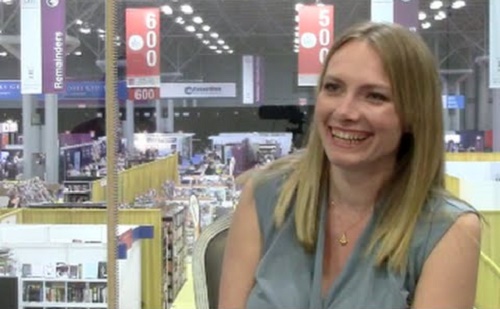
Meredith Wild, Waterhouse Press founder.
Ms. Wild’s marketing abilities have been so effective. She sold 1.4 million print and digital copies of her books on her own, without any of the marketing muscle, editorial guidance or sales and distribution channels of an established publisher.
She was doing so well in her marketing efforts and making so much money with her “Hacker” series that she decided to expand her business by taking on other authors, in essence becoming a publisher herself.
In 2015, Ms. Wild began quietly acquiring works by other self-published romance writers, including Helen Hardt and Audrey Carlan, and publishing their books under her Waterhouse imprint. Owing to her high-profile position at Waterhouse, she has become a kind of high value investor in erotic prose, pinpointing talented, undervalued writers and backing their brands through her own imprint.
In 2016, Waterhouse Press will release at least nine novels, including two of Ms. Wild’s current series.
“We’re hoping to discover the next big person and replicate some of the success we had building the visibility of my books,” Ms. Wild said. “We’re interested in taking these diamond-in-the-rough type people and building their brands.”
The burgeoning publishing house is already off to a promising start. One of the series Waterhouse acquired, Ms. Carlan’s “Calendar Girl,” has sold more than a million copies since Waterhouse rereleased it last summer, and it recently appeared on the USA Today and New York Times best-seller lists.
Ms. Wild prominently displays the books by Ms. Hardt and Ms. Carlan in her home library. She seems to derive equal satisfaction from the books of others she has published as from those she has written herself. The bottom shelves of a bookcase in her library remain empty, reserved for future acquisitions.
“I’m looking forward to filling them up,” she said.
Ms. Wild is not the only one taking the literary publishing game into her own hands and starting an independent press. A handful of the most successful indie authors – among them the paranormal suspense writer J.R. Rain, children's author and illustrator Cornelia Funke and mystery writer Gemma Halliday – have started new publishing houses and are recruiting other writers.
While the business models for these upcoming independent publishing houses led by authors vary, most of them buy publication rights to the books and take a cut of royalties in exchange for editing, formatting, packaging and marketing the books—much like a traditional publisher.
And since many writers just want to focus on writing and not have to worry about formatting, packaging and endless self-promotion, it appears the indie movement in publishing is not a fad – it is here to stay.
See also: Resilience of Print Forces Amazon to Open its First Physical Bookstore.






